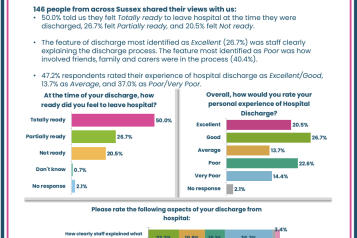Your Voice. Your Decision

It means you keep control of certain decisions by choosing who you want to make them if you lose metal capacity. This could be temporary to help manage finances during a short hospital stay, or for longer-term decisions about your health and care.
How it works
There are two different types of lasting power of attorney, also known as LPAs. One covers property and finance, such as paying bills or managing bank accounts. The other covers health and care, such as medical treatment or living conditions.
When you make a lasting power of attorney you, known as the “donor”, name people you trust, known as “attorneys”. Attorneys make decisions on your behalf if you don’t have mental capacity.
The Office of the Public Guardian is responsible for registering lasting powers of attorney. Once in place the people you trust can quickly, easily, and legally step in.
What you need to know
- Close family or friends would not be able to make decisions on your behalf if you lose mental capacity without an LPA.
- Registering a lasting power of attorney is probably easier and cheaper than you think. Depending on your circumstances, it can be free.
- Making a lasting power of attorney helps plan for your future on your own terms.
Learn more about lasting powers of attorney:


